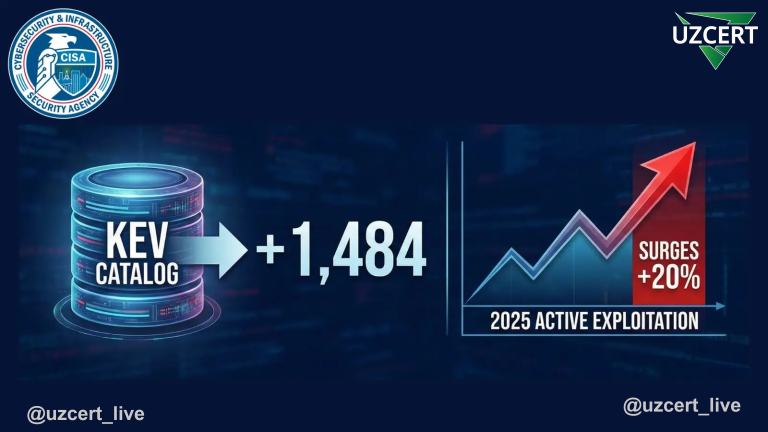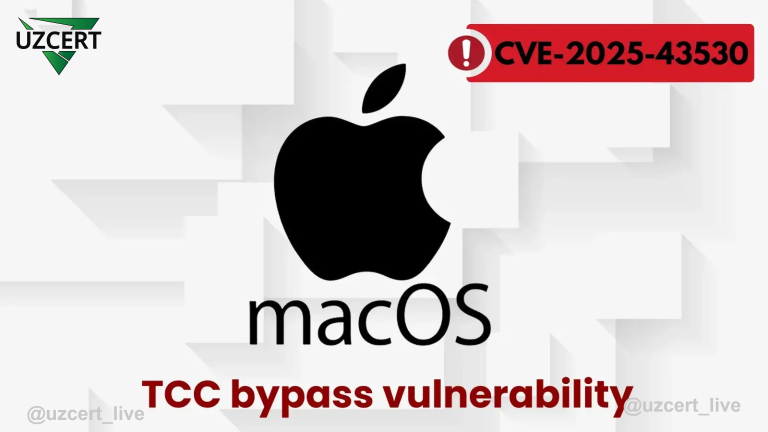
Critical Vulnerability in Apache Ignite Allows Remote Code Execution
Apache Ignite is a distributed in-memory database platform that enables rapid processing and storage of large volumes of data. However, a critical vulnerability, identified as CVE-2024-52577, was recently discovered in the platform. This vulnerability could allow attackers to execute remote code (RCE). It has been rated 9.8 on the CVSS scale, indicating its high level of severity.
The vulnerability affects Apache Ignite versions 2.6.0 through 2.16.x. The root cause lies in the improper enforcement of class serialization filters on server endpoints. Attackers can craft malicious payloads containing serialized objects that bypass security checks, enabling arbitrary code execution during deserialization.
The vulnerability stems from Apache Ignite‘s failure to enforce ObjectInputFilter configurations, which are designed to block dangerous classes during deserialization. As a result, attackers can gain full control over the system, compromising data integrity, confidentiality, and availability.
To successfully exploit this vulnerability, the following conditions must be met:
- Network Access:
The attacker must have access to Apache Ignite endpoints (e.g., REST API or binary protocols). - Presence of Gadget Classes:
The server’s classpath must contain libraries with exploitable serialization methods (gadget classes).
The vulnerability was discovered by researcher Zhattatey, and developer Mikhail Petrov contributed to its mitigation. The Apache Software Foundation released version 2.17.0, which fully enforces serialization filters.
Mitigation measures
- Update the Version:
Upgrade Apache Ignite to version 2.17.0. Use the following Maven command:mvn clean install -Dignite.version=2.17.0 - Restrict Network Access:
Limit access to Apache Ignite endpoints using firewalls or security groups. - Monitor Logs:
Regularly review system logs. If suspicious deserialization attempts are detected (e.g., unexpected class loads or network connections), take immediate action. - Check for Gadget Libraries:
Inspect the server’s classpath for unnecessary or vulnerable libraries and remove them.
The CVE-2024-52577 vulnerability highlights the ongoing issues with Java serialization. These problems first gained widespread attention in 2015 with vulnerabilities in Apache Commons Collections. Although serialization filters (JEP 290) were introduced in Java 9, misconfigurations and improper settings remain prevalent.
Additional Recommendations
- Proactive Patch Management:
Regularly update systems and promptly install security patches. - Defense-in-Depth Strategy:
Implement a multi-layered defense strategy, including access restrictions, data encryption, and regular audits. - Employee Training:
Conduct cybersecurity training for employees and keep them informed about emerging threats. - Vulnerability Testing:
Perform regular penetration tests to identify vulnerabilities in systems.
The CVE-2024-52577 vulnerability in Apache Ignite exposes systems to remote code execution attacks. To mitigate this vulnerability, it is essential to upgrade Apache Ignite to version 2.17.0, restrict network access, and regularly monitor system logs. Additionally, organizations should address general Java serialization issues and adopt a defense-in-depth strategy.
Cybersecurity is an ongoing process that requires vigilance and continuous updates. Organizations using Apache Ignite can protect their data by following these recommendations.



